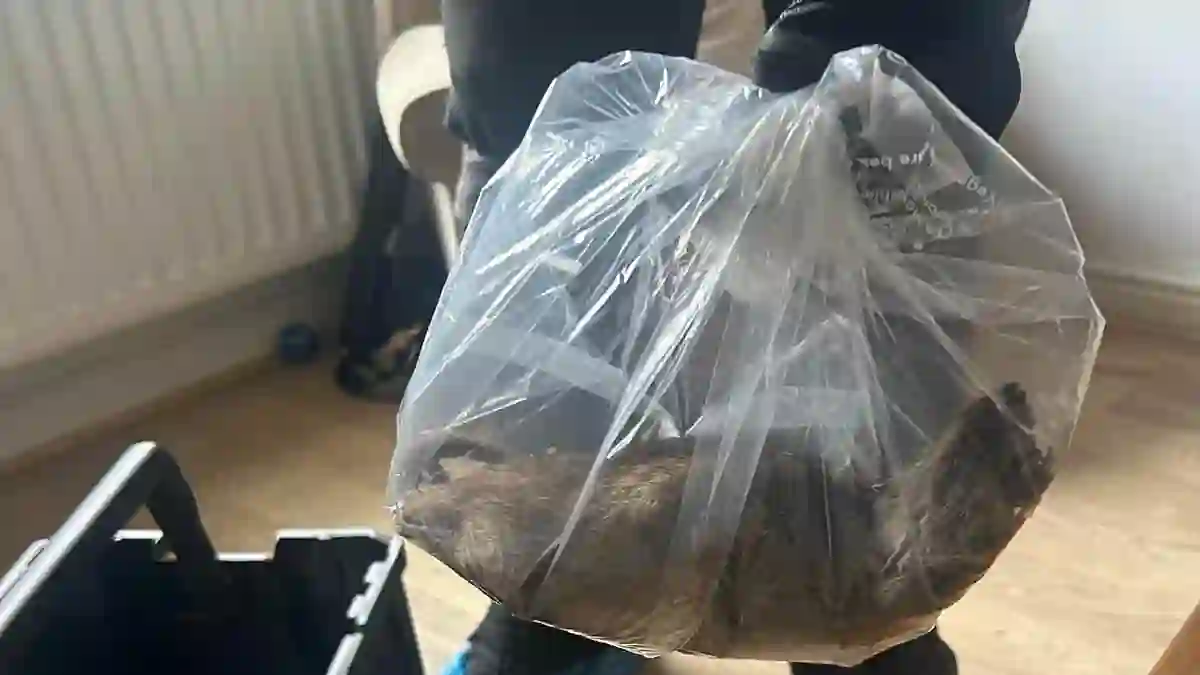Imagine walking into your home and finding a rat the size of a small cat waiting for you.
That nightmare became a reality for one resident in the Normanby area of Redcar and Cleveland, where a jaw-dropping 22-inch rodent was recently discovered.
The photo of the super-sized rat, shared on social media by two local councillors, left residents horrified—and furious.
Councillors Sound the Alarm
Conservative councillors David Taylor and Stephen Martin wasted no time pointing fingers at Redcar & Cleveland’s Labour-run council.
They slammed the local authority for what they say is inaction in the face of a growing rodent problem.
According to them, this monster rat isn’t an isolated case—it’s a symptom of a much larger infestation across the borough.
They’re now demanding a full vermin investigation to get to the bottom of it.
Overflowing Bins and Easy Meals
Councillor Taylor didn’t mince words in his social media post.
He highlighted that public bins in the Eston and Whale Hill areas are constantly overflowing, often stuffed with waste from local shops and takeaways.
That’s a free buffet for rats—and they’re clearly taking advantage. “It’s almost the size of a small cat,” he wrote.
“And it’s not a one-off. The longer this is ignored, the worse it will get. We need action—not just advice.”
Residents Speak Out
Taylor and Martin’s post quickly triggered a flood of responses from locals.
Many shared their own horror stories and frustrations about rodent sightings around their homes and streets.
The common theme? This problem isn’t new—it’s just getting out of control.
And with the council no longer covering pest control for private homes, many residents feel they’re being left to deal with it on their own.
A Lack of Support and Soaring Costs
Here’s the core issue: Redcar & Cleveland Council used to handle domestic infestations.
But like many other financially struggling local governments, they’ve cut back.
Now, they only handle rats on council-owned land, leaving homeowners to pay for private exterminators.
Not all housing associations offer pest services either—and if they do, it’s usually discretionary.
Health Hazards Lurking in the Shadows
The presence of rats isn’t just unpleasant—it’s dangerous.
Rats can carry a laundry list of diseases that are harmful to humans, including leptospirosis, salmonella, and even hantavirus.
One particularly nasty illness, Weil’s disease, can mimic flu symptoms but may escalate to jaundice and kidney failure.
And with an estimated 250 million rats in the UK, this is no minor threat.
Overflowing Bins and Budget Cuts
One of the big contributors? Infrequent bin collections.
When bins are left to overflow, foxes tear into the garbage and scatter it around, creating the perfect feast for rats.
With councils already facing severe financial shortfalls—an estimated £4 billion in funding gaps across England over two years—it’s no wonder pest control is getting squeezed.
Birmingham’s Battle with Rats
This isn’t just a Redcar and Cleveland problem.
Back in April, the British Army had to step in to help Birmingham, where bin strikes had left mountains of uncollected rubbish on the streets.
Pest control experts described the scene as “apocalyptic,” with rats running rampant.
In some cases, specialists were forced to patrol neighborhoods with air rifles just to keep the numbers down.
What Local Leaders Are Demanding
Councillors Taylor and Martin want more than temporary fixes.
They’re calling for proper funding and a coordinated plan that includes businesses and landlords.
That means integrating pest control responsibilities directly into tenancy agreements—making it a shared effort to keep infestations at bay.
What the Council Has to Say
A spokeswoman from Redcar & Cleveland Council responded by confirming that they do have a full-time pest control officer—but only for council-owned land.
They no longer provide broader pest services to the public, though they offer advice and are working with partners like Beyond Housing and Northumbrian Water to find long-term solutions.
They also urge residents to check their website for tips on how to handle pest problems on their own.
